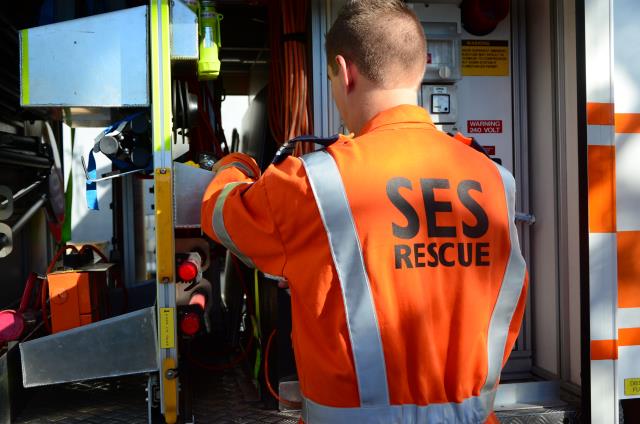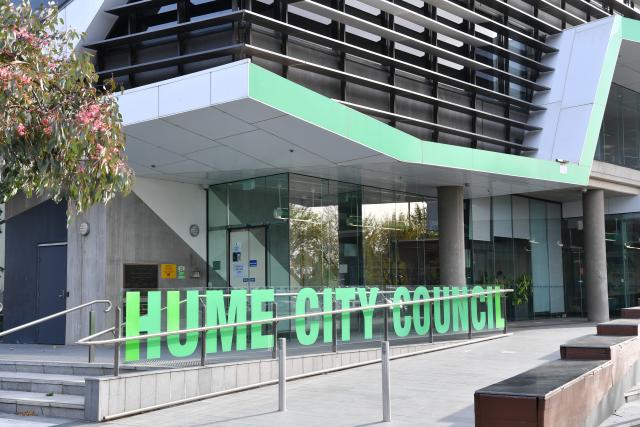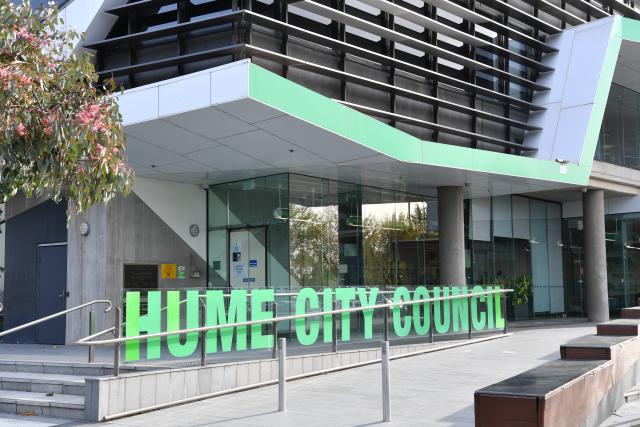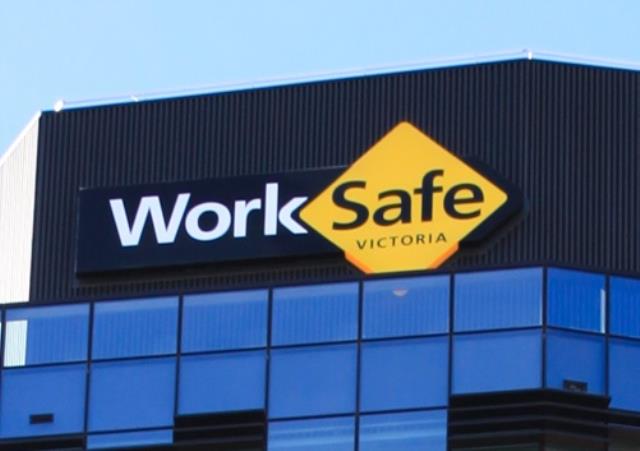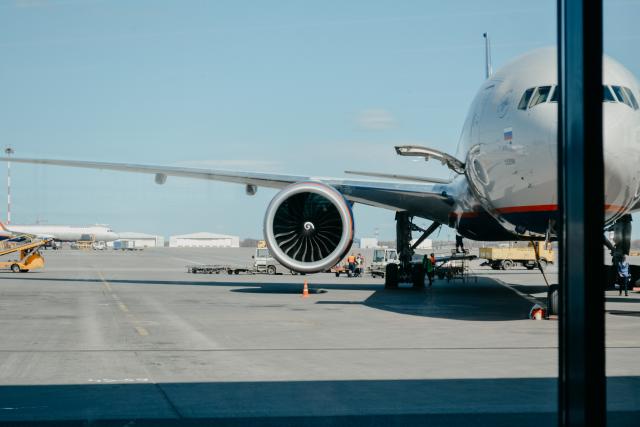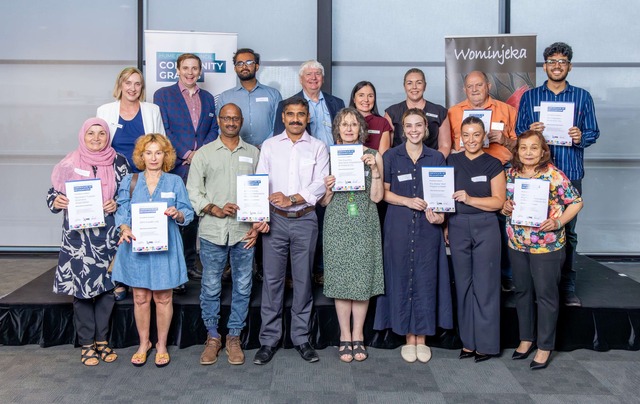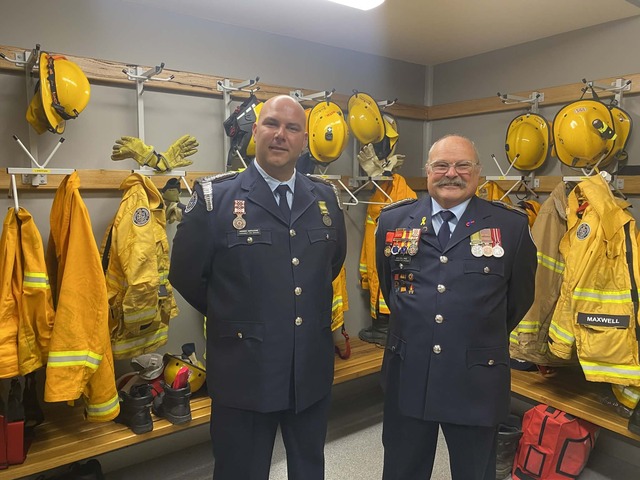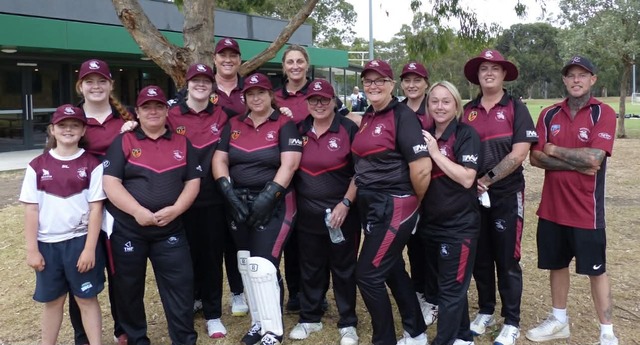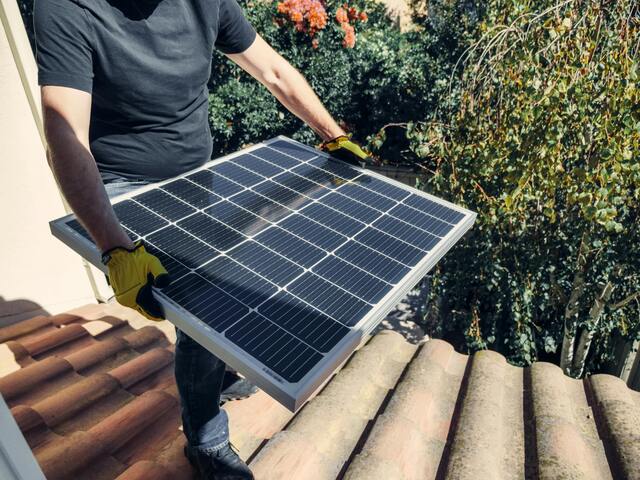ROBOTS could care for old people in their homes, and parents could check on their children in childcare centres via webcam, in just some of the ways high speed broadband will transform our lives.
Whittlesea council’s organisational improvement manager Brad Wynter explained to NW how the national broadband network, under construction over the next few years, will change local government.
Within eight years, 80 per cent of Whittlesea will be covered by high-speed broadband, changing the way we work, learn and care for those we love – even the way we ask local government for a new rubbish bin.
In one example, Mr Wynter said the City of Whittlesea was seeking federal funding for 40 robots to be trialled in nursing homes and private homes, possibly within months, if funding was granted.
The 38-centimetre high robot, called Papero, was developed by NEC Japan. La Trobe University’s Dr Rajiv Khosla is helping modify it for the aged care market.
It can read facial expressions, respond to simple commands, chat, play games, remind people to take medicine and video them taking it for a clinician. It can raise the alarm if someone collapses.
Because it needs the internet to access data storage hosted elsewhere, called cloud storage, the advent of high-speed broadband will make it possible to use Paperos effectively.
Dr Khosla said the robots have been well received in trials.
“Humans have limitations in availability and in their ability to hear repeated stories but Paperos do not,” he said. “They have a real role to play in easing the isolation of our elderly.”
Mr Wynter said video-based local government services would benefit in the next wave of high-speed broadband, becoming quick and reliable.
‘‘People are preferring the visual, because communication is 70 per cent non-verbal,’’ he said.
Video, instead of telephone, calls to council would enable three-way conference calls including translators for foreign language speakers.
The council has a project under way called the Virtual Village, a web-based centre for the elderly it hopes to develop to pilot stage within 12 to 18 months.
Through this portal, fitness classes for the elderly will be video-streamed live for those at home; videos will offer advice on health issues, and the service can recommend tradespeople.
‘‘We’re working with the elderly now on what else we can include in that,’’ Mr Wynter said.
A concept based on a Dutch program called Seats2Meet will be set up in local libraries. It’s a combination of a telework centre, where people can work locally instead of commuting to the city, and a social and professional networking centre similar to The Hub in the city.
‘‘We see these co-working centres as a way to establish new connections,” Mr Wynter said.
‘‘If you’re an accountant working from home, this will give you connections and possibly new clients. And it means people don’t have to travel.’’ He said providing office-quality internet was crucial to make such spaces work, and video conferencing would be available.
New libraries planned for Mernda and Epping North over the next eight years could house such services, or an existing library could be retrofitted in about two years, Mr Wynter said. The council has applied for funds for the projects.
In the council’s pre-school and childcare services, it would be possible to set up a secure website linked to webcams in centres. Parents could see their children remotely, although this will not be investigated for a few years.
The council’s art collection and cultural history could also be put online, making it widely available instead of hidden in storage.
The National Broadband Network Company is expanding coverage in South Morang, Epping, Mill Park and Bundoora (north of the Ring Road) in the coming months, with parts of Wollert, Eden Park and Whittlesea township to be connected over the next three years.
Mr Wynter said Whittlesea would be
80 per cent covered by broadband within four years. He said people did not yet understand what this would mean to their lives.
‘‘They think it means faster internet. But it’s so much more. It will enable whole new technologies.’’


